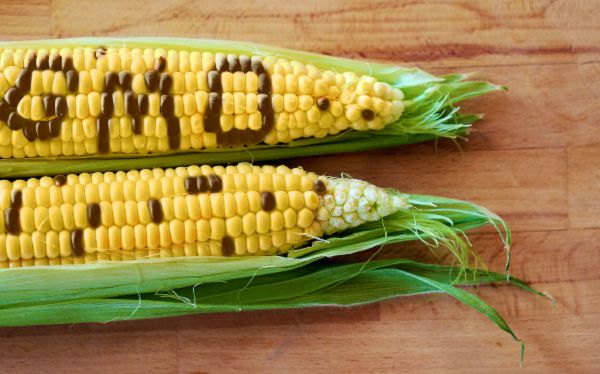The Peasant Farmers Association of Ghana has expressed disappointment in the government’s interest in promoting the agenda of multinational seed companies in Ghana, following the recent approval of the commercialization of 14 novel Genetically Modified (GM) products. These products comprise eight maize and six soya bean varieties.
The association’s stance was articulated in a press release signed by the national president, Wepia Addo Awal Adugwala, dated April 9, 2024.
The association highlighted that the government’s decision to approve GM crops contradicts a previous promise made by the Minister for Food and Agriculture in 2020.
The Minister had stated that Ghana had capable scientists who could produce high-yielding varieties and disease-resistant plants using traditional breeding methods, thereby obviating the need for GMOs in the country for the next 100 years.
The release reiterated the association’s argument that Ghanaian farmers have been able to produce significant amounts of food using farmer-saved seeds and new seed varieties from local breeders.
They emphasized that the challenges faced by farmers, such as climate change, lack of mechanization, difficulty accessing finance, high post-harvest losses, and increasing input costs, should be the focus of government and scientists, rather than promoting GMOs.
The president of the Peasant Farmers Association warned of the dire consequences of approving GMOs, stating that it would lead to the loss of Ghana’s control over its indigenous agricultural system, placing it in the hands of multinational companies.
The association expressed concern that GM seeds would be expensive, leading to increased costs for farmers who would have to purchase seeds every season.
Additionally, they highlighted that the approval of the Plant Variety Protection Act could jeopardize the culture of farmer-saved and exchanged seeds.
The Association, therefore, urges the government and Ministry of Food Agriculture not to include GM varieties in the inputs that would be supplied under the PFJ 2.0. Also, the association calls on its members to reject any GMO seeds that will be supplied by any company, individual, or government.








